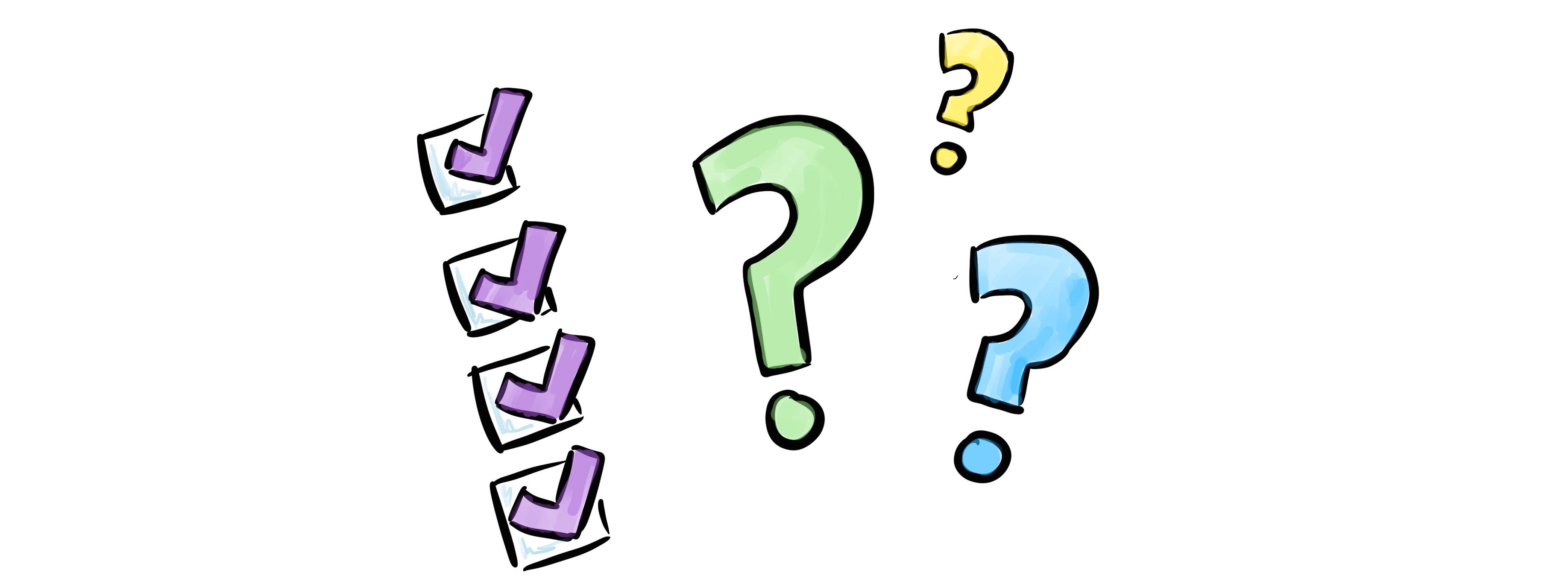For the past 20 years, we’ve been passive marketers with a little m.
We speak at conferences and on podcasts, we write books (REWORK, REMOTE, It Doesn’t Have to be Crazy at Work), we share our point of view on thousands of blog posts, we invented a framework (Ruby on Rails) that changed an industry, and we make products that redefine their categories (Basecamp, Highrise, etc.). And right now we’re working on something new that’s going to surprise people.
We’ve gotten by on strength of product, cult of personality, a unique point of view, running against the wind, and incredibly generous word-of-mouth promotion from our customers. We’re fortunate it’s been working. 20 profitable years in business is the proof. We’re naturally proud of that.
But we feel like we’ve begun to saturate our natural sphere of influence, our current reach. Passive marketing can only get us so far, and we have a desire to go further. Today, if we’re in the mix, it’s by chance, not choice. And because of that, we feel a bit invisible outside of those who know us already.
And it’s no surprise: We haven’t really advertised. Or made it easy for new people to find us online. Lately we haven’t explained our brand particularly well. Or thought much about how we’re perceived in the modern market. We don’t show up in places where potential customers hang out, and we haven’t gone far enough supporting and sponsoring events and like-minded organizations. Basically, we’ve never deliberately focused on actively getting the word out, making sure our brand is positioned properly in the market, or meeting customers where they are.
We lack a Marketing strategy with a capital M. It’s time to change that.
Moving forward, we want to be intentional about creating awareness (how do we introduce Basecamp to people who don’t know us?), prompting consideration (how do we get people who need a product like ours to consider us for purchase?), and driving conversion (how do we get people who are considering Basecamp to sign up, pay us, and start using our products?).
So, for the first time, we’re ready to hire someone to lead that charge and own that responsibility. We’re looking for our first Head of Marketing.
How’s that challenge sound to you?
ABOUT THE JOB AND THE WORK
Fundamentally, this job is about developing and executing a broad strategy to bring more people to the front of the funnel by increasing awareness and interest outside of what we’ve already built. We’re not looking for somebody to spend time on email drip campaigns or improving onboarding. While important, this role is much broader than that. This also isn’t a job for self-described growth hackers.
This is a role for someone who knows how to mix a wild idea with a practical pitch. Someone who’s eager (but not annoyingly so) to pick up the phone and negotiate a major partnership deal. Someone who has an eye for talent, a nose for bullshit, ears close to the ground, and the creative mind of a conductor. Someone who’s previously managed large spends and helped a brand transition through a similar process. Someone who recognizes an opportunity when they see one, but knows how to steer clear of high effort low reward mirages. You see things other people miss, and you know how to put leverage to good use.
And while we’ll support your strategy with a multimillion dollar budget and creative support from the CEO, you’ll start this process without a dedicated internal team. While we have designers, writers, and a data analyst occasionally available to assist, we don’t have a marketing department or spare staff focused on everything you’ll need to get done. This means you’ll initially be expected to identify, vet, choose, and manage external vendors or agencies to help pull off your plan. Building an in-house team is something we’ll discuss down the road.
While some may see this as a disadvantage, we think it’s a big opportunity. You’ll be able to pull in the best agencies, freelancers, shops, and creative specialists to help pull off the plan. You’ll bring us creative ideas we’ve never considered in the past. You’ll challenge our thinking and help us see ourselves in a new light.
In addition to big picture strategy, you’ll focus on practical day-to-day work like fielding sponsorship opportunities that come our way. Keeping an eye on analytics. Reaching out to groups, organizations, movements, events, and other brands we should be partnering with. You’ll also be expected to regularly detail progress, setbacks, and marketing insights for the whole company.
We’re aware that at many companies, this is a multi-person position. Someone focused on the marketing strategy. Someone else focused on brand. Someone else focused on partnerships and sponsorships. And so on. We’re not expecting a herculean marketing turnaround with a single person at the start, but we absolutely believe the right person can point us in the right direction, guide us, come up with campaigns, be resourceful enough to get them produced, manage the process, study the results, course correct, revamp, and try more things. We know someone has to own this, or we’ll end up where we are today.
Bottom-line, this is an impact position. In time, the business should look better with you on board. A clear case of before and after. You’ll help us be noticed, be seen, and be found. We should also feel better about ourselves with you around. This is a big responsibility and we are here to support you, cheer you on, and make it happen. We’ve talked about having someone like you on board for years, and now we’re finally ready.
ABOUT YOU
You’re creative. You’re organized. You’re experienced. You’ve done this before. You want to do it again. You absolutely want to do it for us.
We value people who can take a stand yet commit even when they disagree. We’ll often subject ideas to rigorous debate, so you’ll need to stand up for what you believe, but we remember that we’re here for the same purpose: to do good work together. Charging the trust battery is part of the work.
Yes, you’ll need to learn how we work at Basecamp, but we’re also looking for someone to teach us how to work. And once we’ve figured that out, be able to share that story with the world. We should tell the story of how we changed our approach to marketing.
We’re not looking for a superhero who thinks sheer hours = good work. Excess doesn’t impress us – creativity and efficiency does. You’ll have 8 hours a day to work, and, we hope, at least 8 hours a night to sleep. What you do with the other 8 is up to you, never to us. You’ll report directly to the CEO.
ABOUT OUR PAY AND BENEFITS
The starting salary for this position is $181,000. You can read about how we set salaries here.
Our benefits are all aimed at supporting a life well lived away from work. None are about trapping people at the office or cajoling them into endless overtime. Just the opposite. We’re all about reasonable working hours, ample vacation time, summer hours, fitness, wellness, food, education, and charity. See our full list of benefits here. In fact, if you’d like you can browse the entire employee handbook as well.
Basecamp is a remote-work company so you can be anywhere, but you’ll need at least 4 hours of overlap with Chicago time in your normal work-day routine.
We strongly encourage candidates of all different backgrounds and identities to apply. Each new hire is an opportunity for us to bring in a different perspective, and we are always eager to further diversify our company. Basecamp is committed to building an inclusive, supportive place for you to do the best and most rewarding work of your career.
HOW TO APPLY
We want to get a sense of how you think. To that end, please use your cover letter to share with us your take on the following questions:
- Tell us how you’ve taken an existing brand to a new place by revamping their approach to marketing. How would you begin to approach figuring out where we stand and where we should be standing?
- Give us an example of a small-to-medium sized business that you think markets themselves particularly well? Who’s doing an outstanding job out there? And why?
- Since you’ll need to bring in outside talent to get the job done, which creative agencies or freelancers do you think are doing particularly interesting work? And why?
- Share an example of a time great marketing caught your attention and turned you into a customer.
- Tell us about something you almost bought recently, but decided not to. What failed to convince you?
- What’s inspired you lately? What’s the most creative thing you’ve seen or experienced in the last few years?
We value great writers, so take your time with the application. Keep in mind that we do not equate length with substance, so please keep your cover letter to fewer than 1500 words. Stock cover letters won’t do – tell us why you want this job, not just any job.
Click here to apply. We are accepting applications for this position until June 28th, 2019. We’ll let you know that we’ve received your application. After that, you probably shouldn’t expect to hear back from us until after the application deadline has passed. We want to give everyone a fair chance to apply and be evaluated.
We can’t wait to hear from you!



